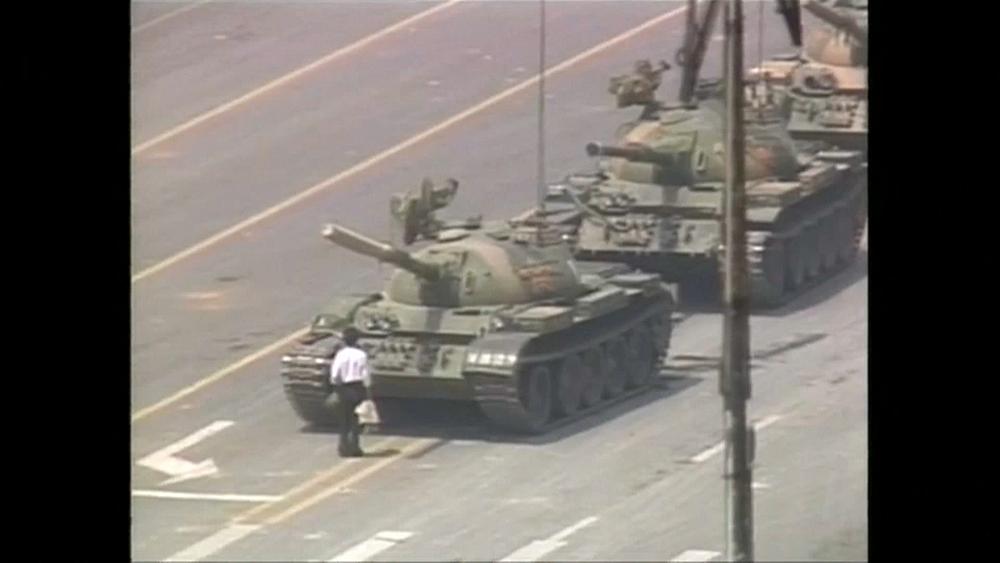China steps up social media censorship on Tiananmen Square anniversary | #TheCube
There are no references to the Tiananmen Square massacre in any Chinese history textbooks.
Most Chinese university students have never heard of the events of June 4, 1989. And on its 30th anniversary, attempts to discuss and commemorate the event on social media have been met with aggressive censorship.
The events at Tiananmen and any record of them are a prime target of the Great Firewall, China’s sprawling online censorship apparatus. In the days leading up to June 4, internet users in China complained about difficulties accessing virtual private networks and social media platforms.
Popular messaging sites including Weibo saw users restricted from using many search terms, including “Tiananmen”, and numbers related to the anniversary, like 4, 6 and 30.
On WeChat, users found they were unable to change usernames and profile photos, while on Bilibili, real-time comments, or “bullet screens”, were suspended for “technical upgrades”.
Online activity is already strictly controlled by the Chinese government, which requires all websites to carry out name checks on users when they set up an account. But many activists and commentators have said these increased measures are a coordinated and aggressive clampdown on what citizens on the Chinese mainland can see.
Despite some overseas users also complaining about restrictions, in Hong Kong, many were able to share images of vigils marking the 30th anniversary. The organisers of one of these vigils in Victoria Park estimated that more than 180,000 people attended to remember the hundreds, perhaps thousands, of lives that were lost in Tiananmen Square.

